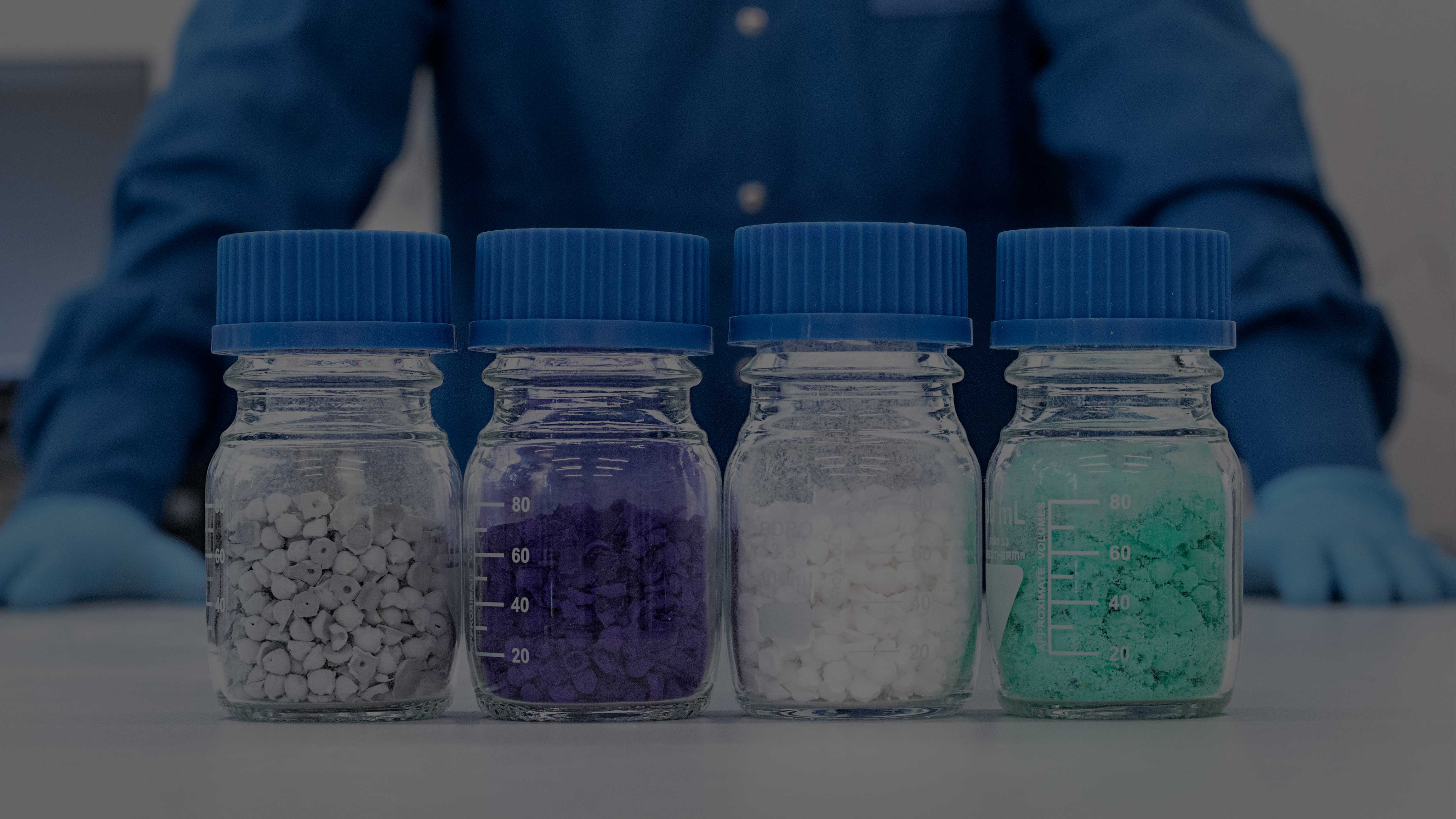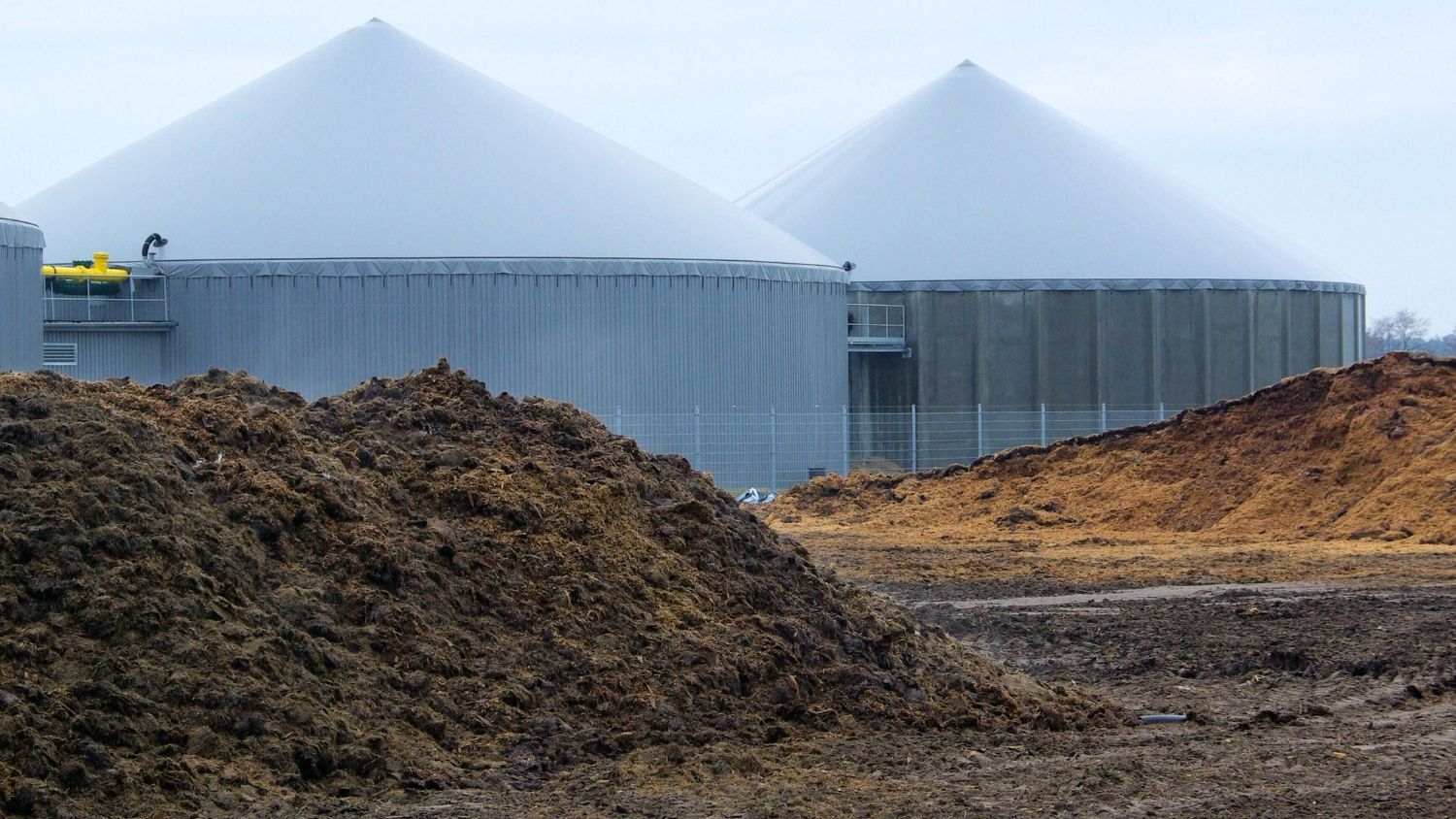In a world where global challenges such as climate change, poverty, and inequality are ever-present, the United Nations' Sustainable Development Goals (SDGs) have emerged as a beacon of hope for a more sustainable and equitable future. Enacted in 2015 as part of the 2030 Agenda for Sustainable Development, the SDGs encompass a wide array of crucial global issues, ranging from eradicating poverty and hunger to fostering sustainable economic growth and combating climate change. Achieving these goals is not only the responsibility of governments but also of industries worldwide. In this blog, we will explore the role of one remarkable innovation, Metal-Organic Frameworks (MOFs), in helping industries contribute to the achievement of the SDGs.
 Achieving Sustainable Development Goals
Achieving Sustainable Development Goals
Five of the most interlinked Sustainable Development Goals are SDG 6 (Clean Water and Sanitation), SDG 7 (Affordable and Clean Energy), SDG 11 (Sustainable Cities and Communities), SDG 12 (Responsible Consumption and Production), and SDG 13 (Climate Action). These goals address critical global challenges, such as ensuring access to clean and safe water, transitioning to sustainable energy sources, promoting responsible consumption and production patterns, and mitigating the impacts of climate change. Industries play a central role in all these aspects.
Carbon Capture and Storage (CCS): SDG 13 specifically calls for action to combat climate change and its impacts. This is where CCS comes into play. CCS technology involves capturing carbon dioxide (CO2) emissions from industrial processes and storing them safely to prevent their release into the atmosphere, thereby curbing global warming.
Clean Energy: SDG 7 seeks to ensure affordable, reliable, sustainable, and modern energy for all. Achieving this goal is intrinsically linked with developing clean and renewable energy sources, which can significantly reduce carbon emissions, thus contributing to SDG 13.
Clean Water Technologies: SDG 6 ensures water and sanitation availability and sustainable management. Industries are vital in developing innovative clean water technologies to enhance access to clean water and improve sanitation.
Responsible Consumption and Production: SDG 12 promotes sustainable consumption and production patterns. Industries must reduce waste generation, implement sustainable practices, and minimize environmental impact.
Sustainable Cities and Communities: SDG 11 focuses on creating inclusive, safe, sustainable cities and communities. Industries can contribute to this goal by adopting sustainable practices, reducing pollution, and promoting resource-efficient urbanization.
MOFs: A Platform Technology
 MOFs, or Metal-Organic Frameworks, have emerged as a groundbreaking class of materials with a wide range of applications in various industries. MOFs are composed of metal ions or clusters linked by organic molecules, forming a porous, crystalline structure with an incredibly high surface area. This unique structure allows MOFs to exhibit exceptional characteristics, making them suitable for numerous purposes:
MOFs, or Metal-Organic Frameworks, have emerged as a groundbreaking class of materials with a wide range of applications in various industries. MOFs are composed of metal ions or clusters linked by organic molecules, forming a porous, crystalline structure with an incredibly high surface area. This unique structure allows MOFs to exhibit exceptional characteristics, making them suitable for numerous purposes:
MOFs in Carbon Capture and Storage: MOFs can efficiently capture and separate CO2 from industrial flue gases. MOFs' high surface area and tunable properties make them ideal for selectively adsorbing CO2 while allowing other gases to pass through. By employing MOFs, industries can reduce their carbon footprint, aiding the achievement of SDG 13.
MOFs in Clean Energy: MOFs play a pivotal role in energy storage and conversion. They can be used for hydrogen storage, a critical component in clean fuel cell technology. Additionally, MOFs can serve as efficient catalysts for various energy conversion reactions, such as converting carbon dioxide into valuable products or storing renewable energy as hydrogen.
MOFs in Clean Water Technologies: MOFs can also help address water-related SDGs. Their adsorption capabilities can be harnessed for water purification, heavy metal removal, and desalination. By utilizing MOFs, industries can contribute to SDG 6 by enhancing clean water access and sustainability.
MOFs in Responsible Consumption and Production: MOFs can play a role in sustainable practices. They can be employed in processes that reduce waste generation, promote resource efficiency, and align with the principles of SDG 12.
MOFs in Sustainable Cities and Communities: MOFs can support sustainable urbanization by aiding in pollution control, resource efficiency, and sustainable industrial practices, thus contributing to SDG 11.

Utilizing MOFs for Industrial Impact
MOFs' unique properties and versatility make them a valuable asset for industries striving to achieve the SDGs. Industries can integrate MOFs into their operations, particularly in sectors related to energy production, carbon-intensive processes, and clean water technologies. By doing so, they can reduce their environmental impact, drive innovation, and create economic opportunities aligned with the SDGs.
SDG 9 (Industry, Innovation, and Infrastructure) underscores the significance of inclusive and sustainable industrialization for global development. MOFs, as a technology platform of highly-versatile materials, can significantly contribute to this goal. By enabling industries to innovate, reduce their environmental footprint, and foster sustainability, MOFs play a pivotal role in achieving SDG 9, which is crucial for the broader success of the Sustainable Development Goals.
In conclusion, MOFs are a game-changing innovation with the potential to drive sustainable industrial practices, contributing to SDGs 6, 7, 11, 12, and 13. As industries harness the power of MOFs, they align with global sustainability targets and advance the cause of multiple SDGs, propelling us closer to a more sustainable world.




.jpg)
